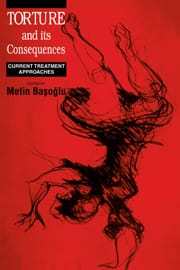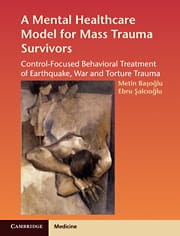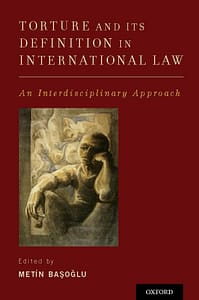Earthquakes
- Mental health consequences of disaster in Japan: How reliable are “expert” opinions in the media?by Metin BaşoğluIn my previous post I had pointed to ill-informed comments from mental health professionals about the mental health effects of Japan disaster. I will expand on this issue a bit further by highlighting how “expert” opinion on this issue is plagued by various common misconceptions about earthquake trauma. There are numerous examples of this in the media but I will focus on only a select few. A New York Times article – Lessons for Japan’s Survivors: The psychology of recovery – based on expert opinions illustrates some of the most common misconceptions in the field of psychological trauma. There are… Read More ›
- Should Japan use Western help in mental healthcare of disaster survivors?by Metin BaşoğluSince the disaster in Japan, I have been coming across in the Internet expressions of opinions or recommendations by various Western mental health professionals as to how Japan should go about helping survivors recover from trauma. Most recommendations as to what survivors should do to recover from their trauma are simply reiterations of widely accepted but largely unsubstantiated opinions that characterize much of the current thinking in the field of psychological trauma. I suspect there must be some Western mental health professionals liaising with their Japanese colleagues to offer them guidance in their work. National or international relief agencies may… Read More ›
- The likely psychological toll of the disaster in Japan and its socio-economic consequences: Prospects for recovery from mass traumaby Metin BaşoğluThe recent 9.0-magnitude earthquake in Japan and the devastating tsunami that followed are likely to lead to widespread mental health problems in survivors. Based on our research with earthquake survivors in Turkey, we would expect traumatic stress problems severe enough to require treatment in more than 50% of the people with high levels of expoure to trauma exposure . Such a high rate can be attributed to mainly 3 types of stressor events experienced by the Japanese people: (1) earthquake tremors, including the initial major shock and the aftershocks, (2) the devastating impact of the tsunami, and (3) threat of exposure… Read More ›
- Recommended reading on treatment of earthquake survivorsby Metin BaşoğluAfter the earthquakes in New Zealand and Japan, I have been getting requests for information about treatment of earthquake survivors from mental health professionals. Below is a list of our publications about treatment of earthquake survivors (updated March 2013). Book Basoglu M, Salcioglu E (2011) A mental healthcare model for mass trauma survivors: Control-Focused Behavioral Treatment of earthquake, war, and torture trauma. Cambridge University Press. Articles Salcioglu E, Basoglu M. (2013) Current State of the Art in Treatment of Posttraumatic Stress Disorder. In F. Durbano (Ed.) New Insights into Anxiety Disorders. http://dx.doi.org/10.5772/54197 Salcioglu E, Basoglu M. (2010) Control focused behavioral… Read More ›


